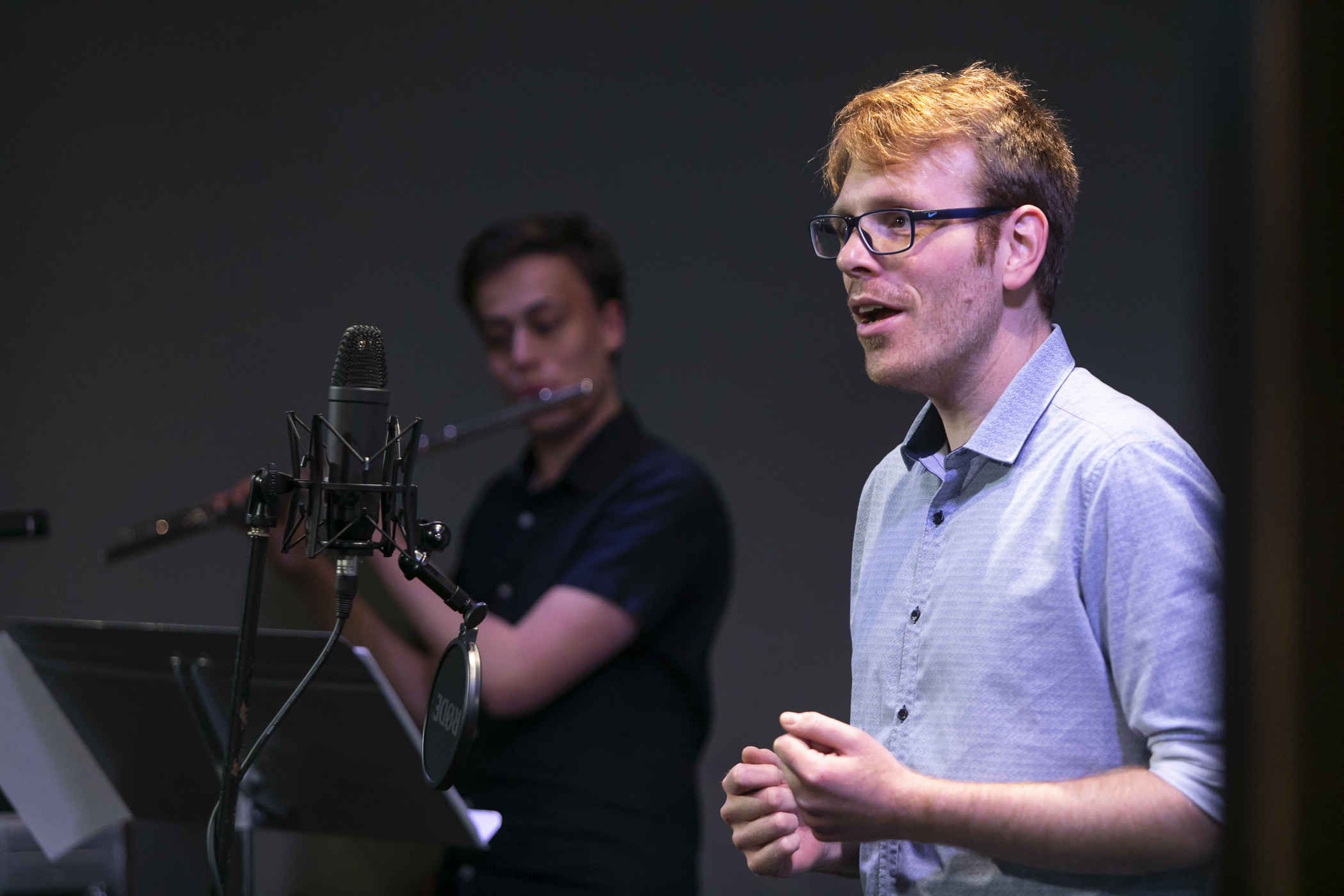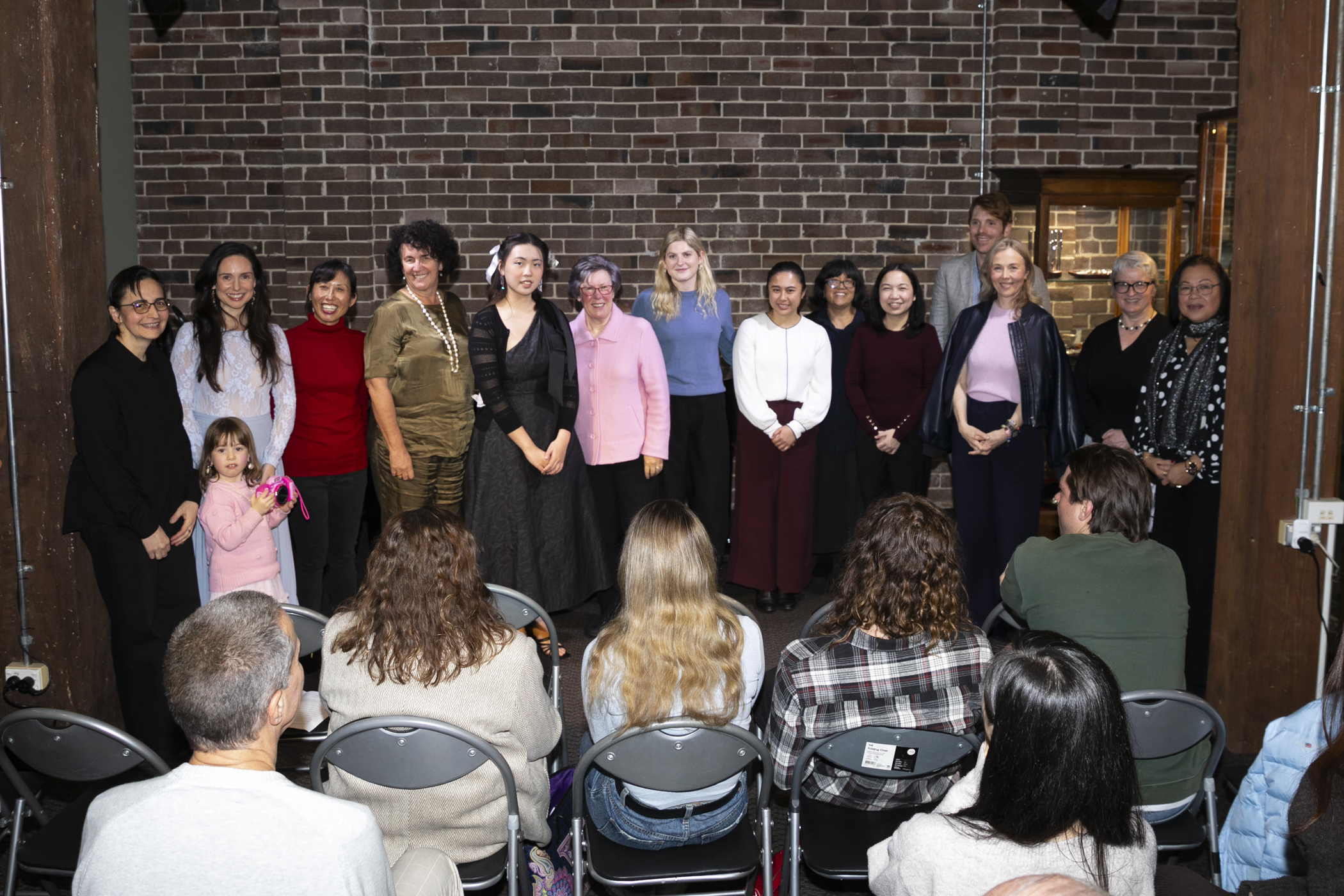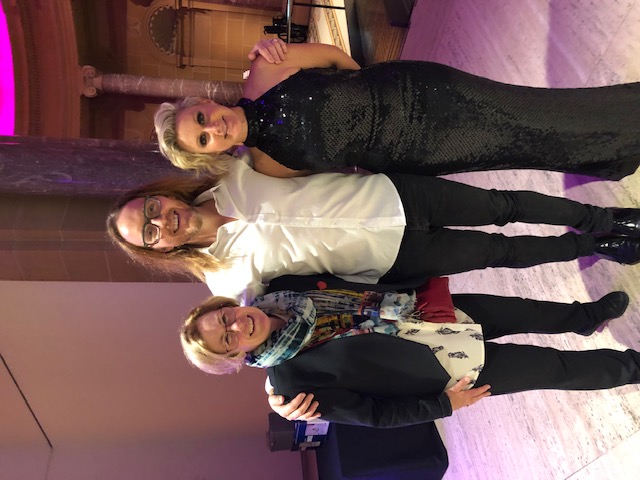Pitch perfect: Learn to sing accurate intervals and stay in tune
Singing in or out of tune can make or break your development as a singer. Here, we’ll learn how interval training helps.
What are intervals in music?
When you sing a song, you are technically singing a group of pitches, i.e. notes. Those pitches are formed using intervals. An interval is the distance between two musical pitches. They are the building blocks of musicianship and create richness in the music you sing.
Types of intervals and how to recognise them
Music is written on staves; the five horizontal lines and four spaces you see on sheet music. Each line or space represents a pitch (note). To identify a type of interval, you count each line and space between the notes.
Major, minor and perfect intervals are the most common. Intervals are complex, but here’s a simple overview of how they differ:
Major: seconds, thirds, 6ths and 7ths. Major intervals sound brighter and seem wider to tune.
Minor: seconds, thirds, 6ths and 7ths. Minor intervals are a step lower than major intervals and sound melancholy or subdued.
Perfect: 4ths, 5ths and 8ths. Perfect intervals have complete harmony; they sound happy, positive and wholesome. A perfect 8th is also known as an octave and sounds in unison.

Photo by Yana Hurska on Unsplash
A note on minor and major seconds and thirds: Being smaller intervals, i.e. closer in tone, these can be harder to sing. You need to use both your ear and voice to ensure the interval is in tune. Major intervals need to be aimed a little higher. Minor intervals need careful tuning because they are even closer. The theme music to the film, Jaws, uses minor seconds to great effect. Humming or singing this is an easy interval exercise!
To develop awareness of where these intervals are pitched, you must get to know how they sound and feel. I also work with singers on visually recognising intervals on written music, using many printed singing exercises to work on specific vocal skills.
How do you learn to sing intervals?
Interval training is ongoing, even for highly professional singers, because singing in tune is an intricate interplay between your brain, the air pressure you use and your vocal folds. You also need to balance an appropriate degree of tension in your vocal folds and airflow.
When you work on a song, you create a mental map of its pitches and intervals to draw on, along with your body’s muscle memory, each time you sing.

Gina performing in Kathleen Singing Tuition annual concert
Vowel sounds are important when learning intervals. Choose vowels that are the right shape, position and sound, otherwise the muddiness of vowels will make the interval sound out of tune. In last month’s blog, singer Gina shared how forward and back vowels help her practise intervals and register shifts. Vowels that are too far back in the mouth and throat can sound dark and flat. Vowels shaped too tightly will sound overly harsh and sharp.
For another singer, Jonathan, targeting your practice to work on intervals alone is important. “It’s helpful because that is all you are doing, rather than focusing on all the other aspects of singing,” he says, adding: “Covering your ear at the tragus [the midway fleshy protrusion next to your cheek] helps you hear the pitches. It helps you hear the note coming up next, while singing the note you are singing. I don’t understand how that works, but it does.”
Vocal exercises with patterns help train your co ordinations and hearing awareness. Stepwise, or scales-like, exercises help with major and minor intervals, while more melodic patterns help you recognise wider intervals. Using a variety of vowels and consonants, as in vocalise, or syllables and words, helps you coordinate intervals with common sounds. You need to learn downwards and upwards interval patterns to achieve accuracy, getting faster as your confidence grows.
Practising major and minor seconds and thirds helps build your memory of these tight intervals, as singer Peter is discovering.
“Practicing intervals helps ingrain the sound into my mind and body,” he says. “I think learning to locate intervals is like finding a [street] address. You can look at an address on the page, and memorise where the ‘sound address’ of the interval is. It’s weird but it really helps my confidence in singing.”
Kathleen Connell equips you with the deep understanding and sustainable vocal techniques required to become a better singer. Browse our in-person or online singing lessons, or call us on 0402 409 106.




